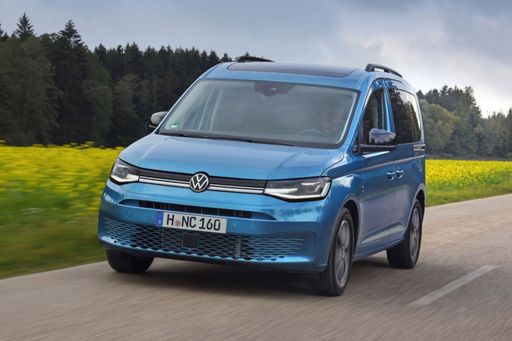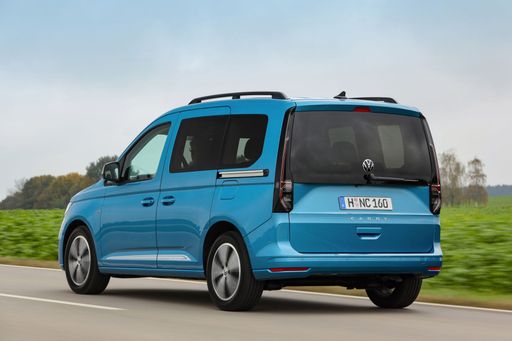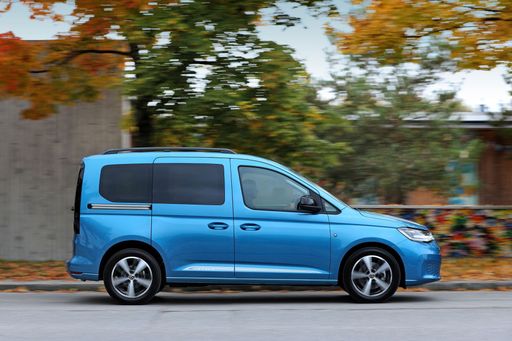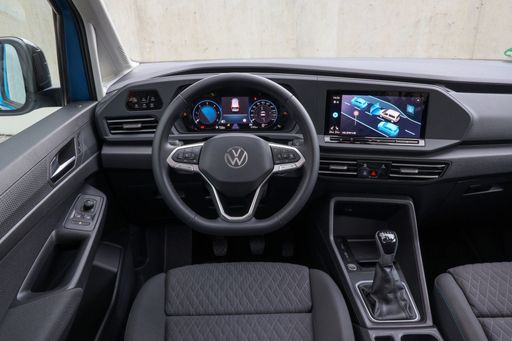Powertrains and Performance
The Mercedes Citan Transporter offers a diverse range of powertrains, catering to a wide audience with its diesel, petrol, and electric engine options. The engines range from 95 to 131 HP, while the electric version boasts a 45 kWh battery, providing an electric range of up to 290 km. Drivers can choose between a manual gearbox, dual-clutch automatic, or reduction gearbox, making it highly adaptable for different driving preferences.
On the other hand, the VW Caddy features a selection of petrol, diesel, and plug-in hybrid engines, with power outputs ranging from 102 to 150 HP. It too offers both manual and dual-clutch automatic transmissions but adds an all-wheel-drive option, giving it a slight edge in terms of driveability on variable road conditions. The plug-in hybrid model provides a respectable electric range of up to 121 km, thanks to its 19.7 kWh battery.




